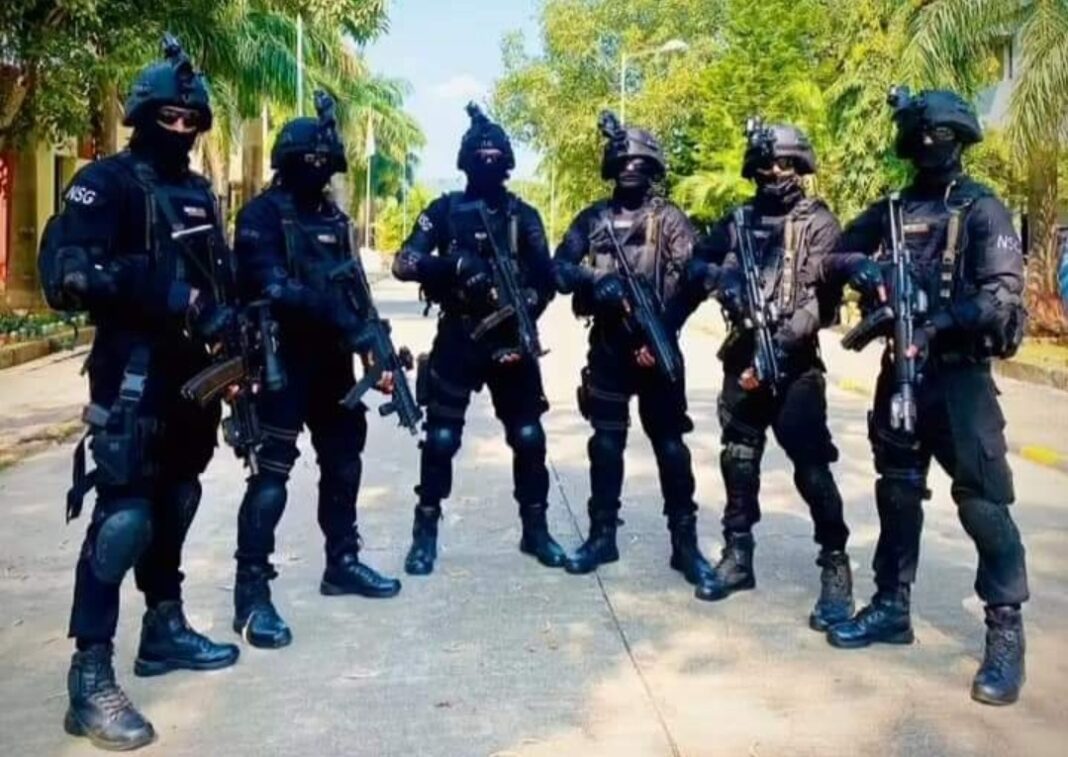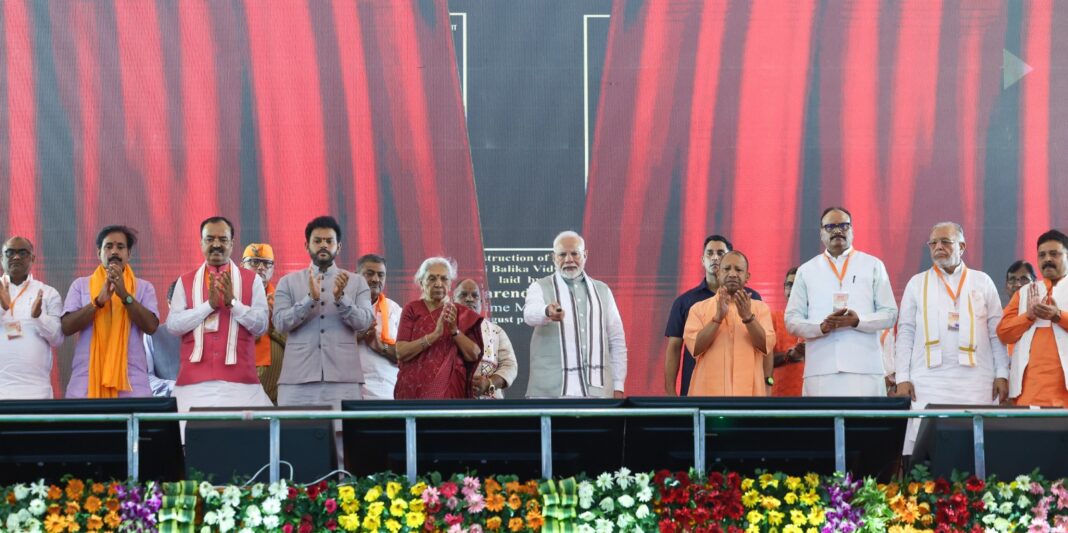On October 20, a significant bomb blast occurred near the CRPF school in Rohini Prashant Vihar, Delhi, causing alarm but thankfully resulting in no casualties or major damage. This incident has raised serious security concerns in the capital. In response, teams from the National Investigation Agency (NIA), National Security Guard (NSG), and Forensic Science Laboratory (FSL) are collaborating with local authorities to conduct a thorough investigation.

The NIA, formed post-2008 Mumbai attacks, is responsible for investigating terrorism-related offenses across India. The NSG, established in 1984 for counter-terrorism, handles high-risk operations and VVIP security. Meanwhile, the FSL employs scientific methods to gather and analyze evidence from crime scenes, including DNA and ballistics.
Understanding the distinct roles of these agencies is crucial for comprehending the broader implications of national security in India.
National Investigation Agency (NIA)
Established in the aftermath of the 2008 Mumbai attacks, the National Investigation Agency (NIA) is India’s primary agency for investigating terrorism and national security-related crimes. Formed to tackle terrorist activities, the NIA handles a wide range of issues, including terrorism, naxalism, cross-border crimes, arms trafficking, and human trafficking. It possesses the authority to conduct investigations in any state without requiring permission from the state government if the case pertains to national security or terrorism. The NIA is currently involved in the investigation of the recent Delhi blast.
National Security Guard (NSG)
The National Security Guard (NSG) was formed in 1984 following the assassination of former Prime Minister Indira Gandhi. It is a specialized security force tasked with counter-terrorism operations and handling hostage situations, as well as executing high-profile security missions. NSG commandos, often referred to as “Black Cats,” also provide security to Very Very Important Persons (VVIPs). The NSG recruits personnel from both paramilitary forces and the Indian Army. It comprises specialized units like the Special Action Group and the Special Rangers Group. While the NIA focuses on investigating terrorist activities, the NSG is responsible for preventing such incidents and confronting terrorists.
Forensic Science Laboratory (FSL)
The first Forensic Science Laboratory in India was established in 1952 in Kolkata, West Bengal. Currently, there are seven FSLs across the country. FSLs conduct scientific investigations into crimes, gathering and examining evidence. They collect various types of evidence from crime scenes, including blood, hair, DNA, weapons, and digital devices, and analyze them. Additionally, they examine fingerprints and documents. The FSL consists of various sections, each with experts dedicated to areas such as ballistics, DNA analysis, and drug analysis. While both the NIA and FSL focus on investigation, the NSG is primarily concerned with field operations. The collective aim of these agencies is to strengthen national security.
NIA, NSG, and FSL each play crucial yet distinct roles in maintaining security in India, especially in the wake of incidents like the recent blast in Rohini. Their collaboration is essential for effectively addressing and mitigating threats to the nation.





